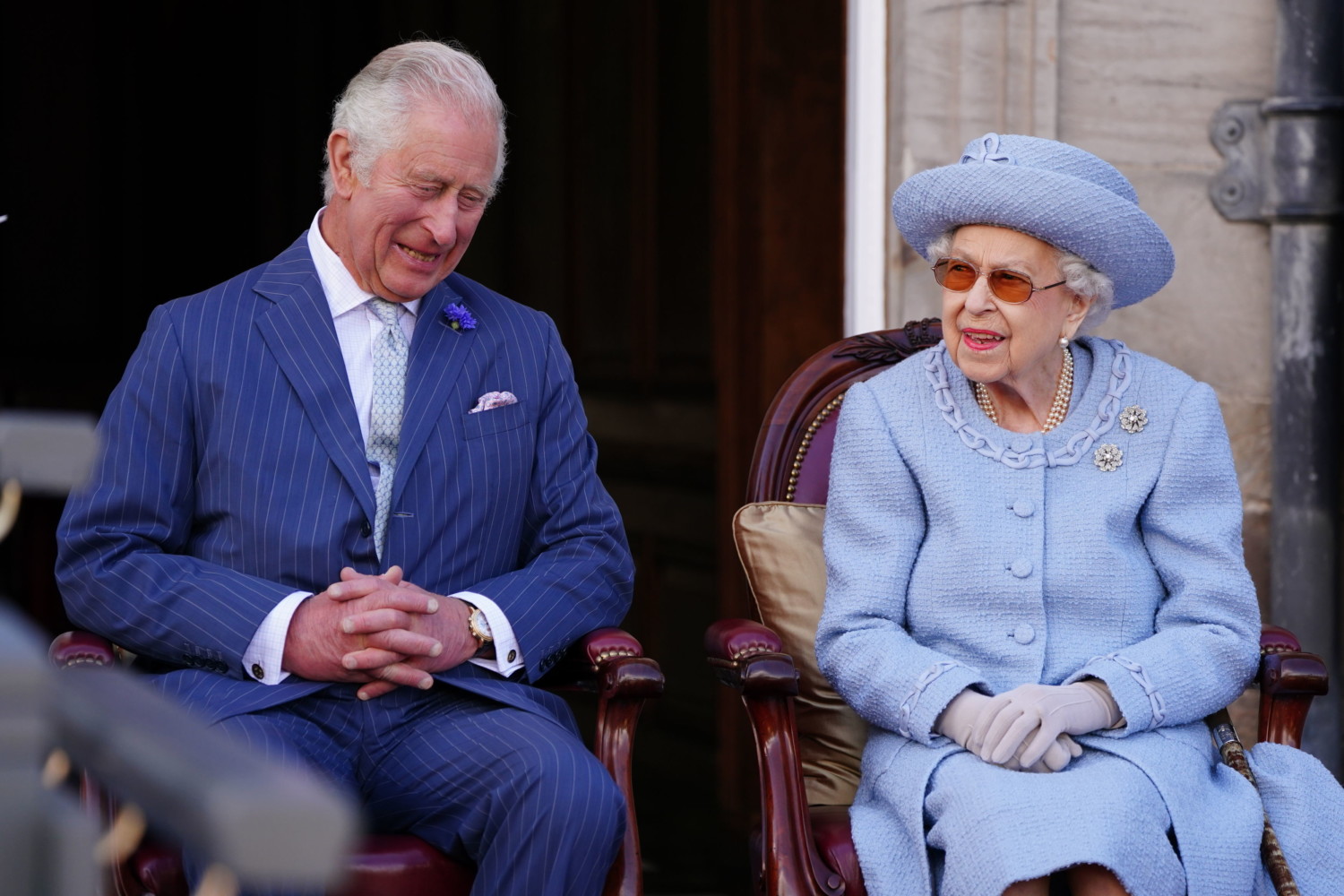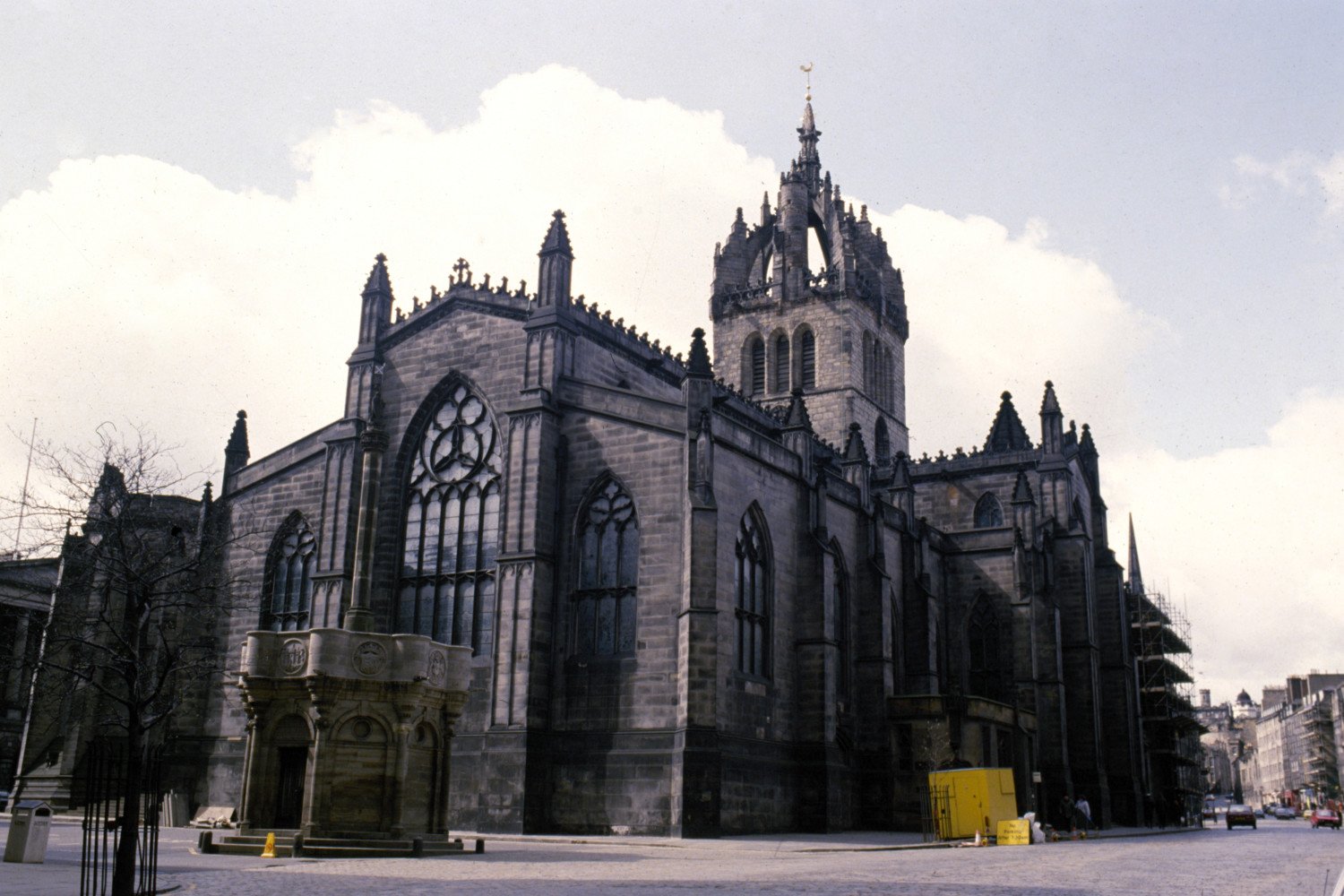The death of Queen Elizabeth II at the age of 96 brought an end to the U.K.’s longest reign by a monarch in history, and people around the world are mourning the loss of a queen they’d known most if not all of their lives.
The queen has been in delicate health over the past few months, including battling through a COVID-19 diagnosis in February and various mobility issues that have had other members of the royal family stepping in her shoes for official functions, including at Elizabeth’s Platinum Jubilee celebration on Feb. 6, which marked her 70th year on the throne.
Given Elizabeth’s historic reign and advanced age, questions about what would happen after her death were common in recent years. However, the monarchy has long had a plan in place, based on tradition and protocol. Known as Operation London Bridge, this plan involved a series of protocols that take effect to ensure a smooth transition of power to the next person in line for a seat on the British throne, her oldest son, Charles.

What is Operation London Bridge?
According to a highly-detailed piece published by The Guardian, the advanced protocol following Queen Elizabeth’s death would have been set into motion with the code phrase, “London Bridge is Down,” from the queen’s private secretary, Sir Christopher Geidt. Geidt would call Prime Minister Liz Truss — whom Elizabeth met with at Balmoral days before her death — and use the code on secure lines.
A 10-day official period of national mourning was set to begin following her death, as part of the plan.
There will also be a number of events quickly following Queen Elizabeth II’s death, including:
- Immediately following Queen Elizabeth’s death, Charles becomes king. His brothers and sister will kiss his hands in a symbolic gesture of the transfer of power.
- A royal footman in mourning clothes will come out of Buckingham Palace and pin a black-edged notice to the gates. That same, single-page notice will be posted on the official palace website, which will have a dark background.
- A radio alert will go out at the BBC to notify the press.
- Radio stations also have a network of blue “obit lights” to indicate a national catastrophe.
- All TV programming will stop, and news broadcasters will wear dark suites and black ties to mark the solemn occasion.
- Flags across Great Britain will come down and bells will toll to honor the queen. They will stay down for 24 hours, and then Charles will officially ascend the throne. He will likely address the nation on the evening of Elizabeth’s death.
What is Operation Unicorn?
Due to the fact that Elizabeth’s death happened in Scotland, rather than England, the plan being carried out is a slightly altered one called Operation Unicorn. In this case, most details remain the same but some logistics change, according to The Guardian.
In the case of Operation Unicorn, Elizabeth’s body will be driven to the Palace of Hollyroodhouse, the royal family’s ceremonial residence in Scotland, which is located about 100 miles south of Balmoral in Edinburgh. After temporarily being there, the queen’s body will then be driven to Edinburgh’s St. Giles Cathedral, according to The Guardian, to lie in state for 24 hours in which the public can pay respects.

Her body will then likely be flown to London and the lengthy period of memorials and tributes to her at Buckingham Palace will begin. Despite Elizabeth being the monarch who truly saw her country into the modern world, the circumstances around her passing will be treated with the same type of circumstance and revery used for the late monarchs of old Britain.
“There is no concession to modernity in this,” a palace official told The Guardian.
This story originally appeared on Simplemost. Checkout Simplemost for additional stories.


